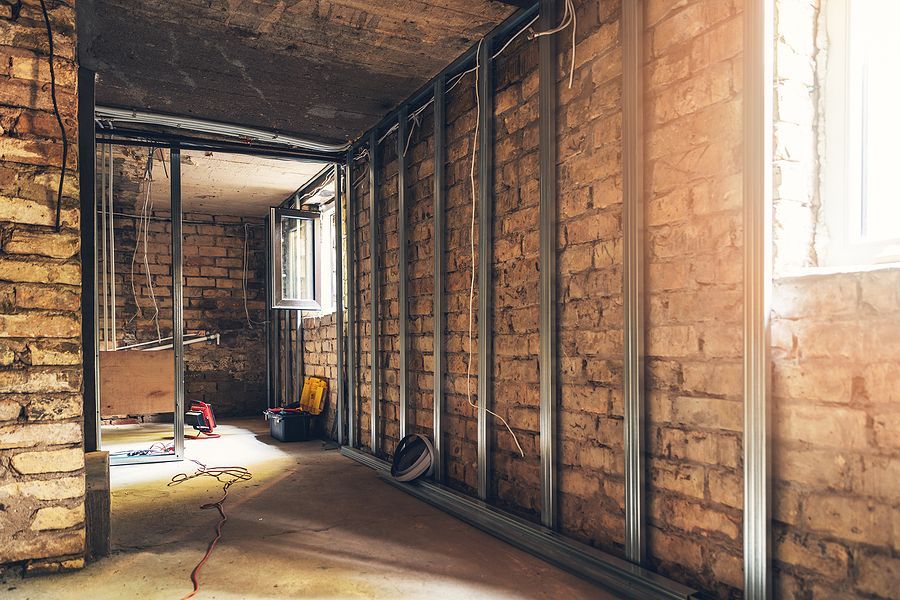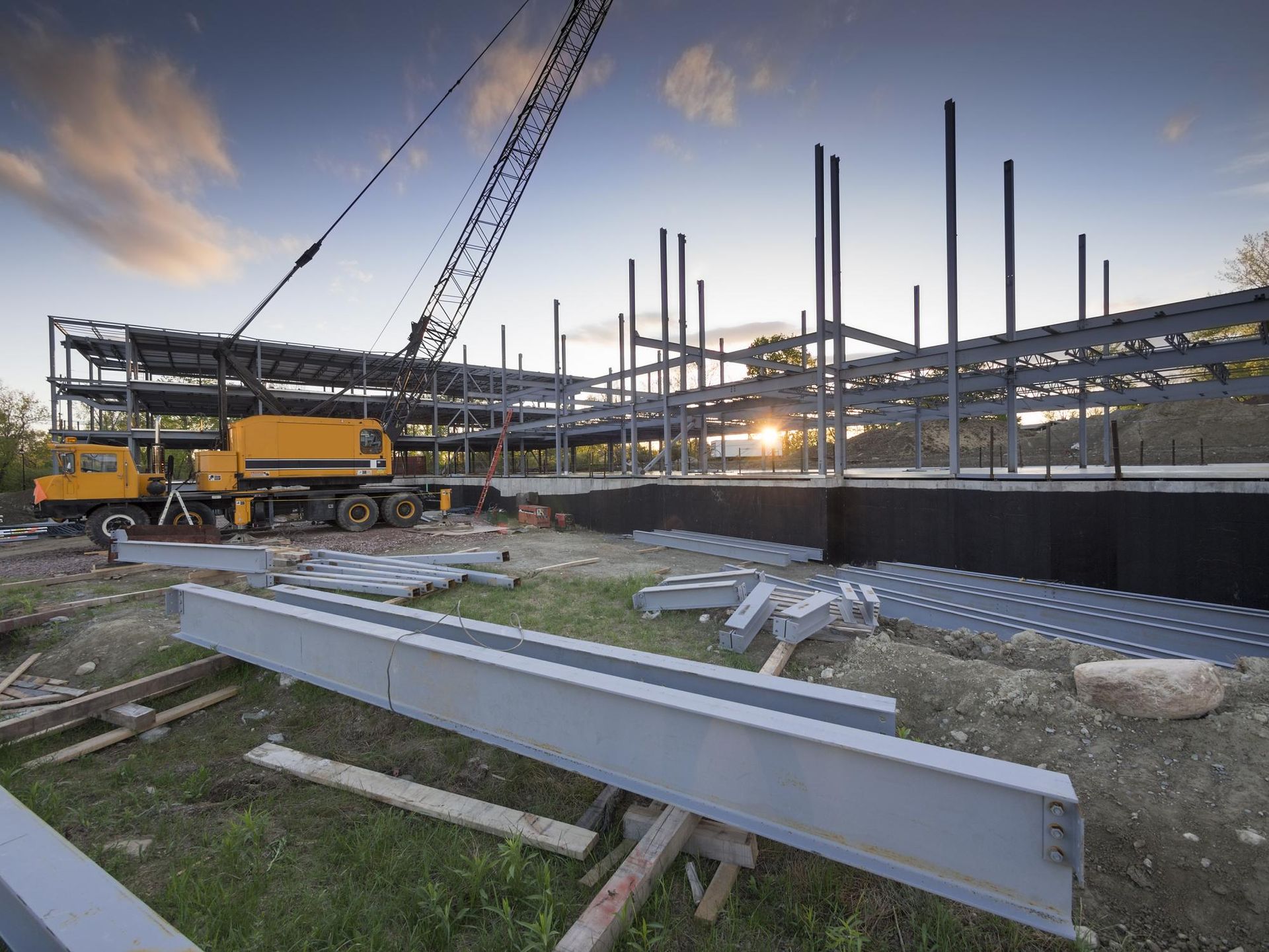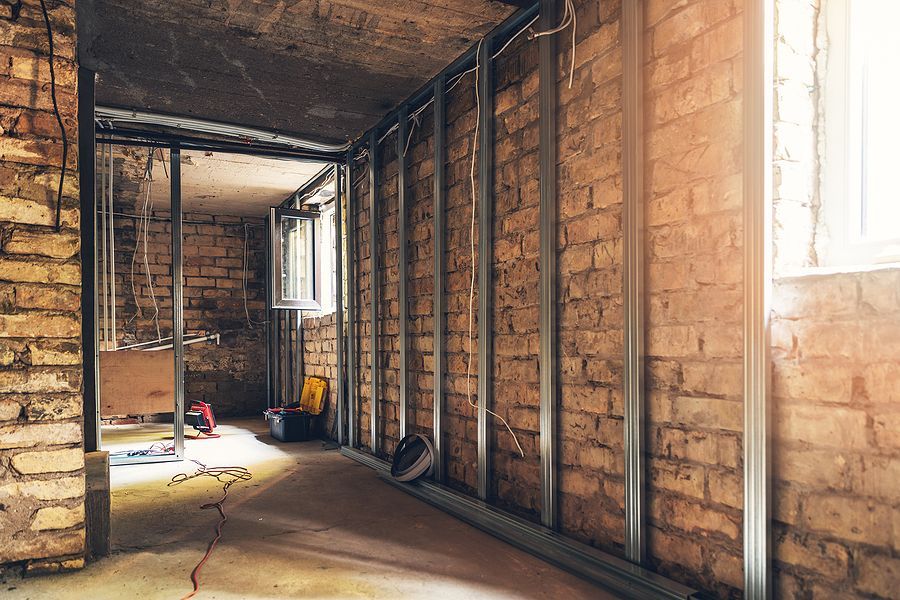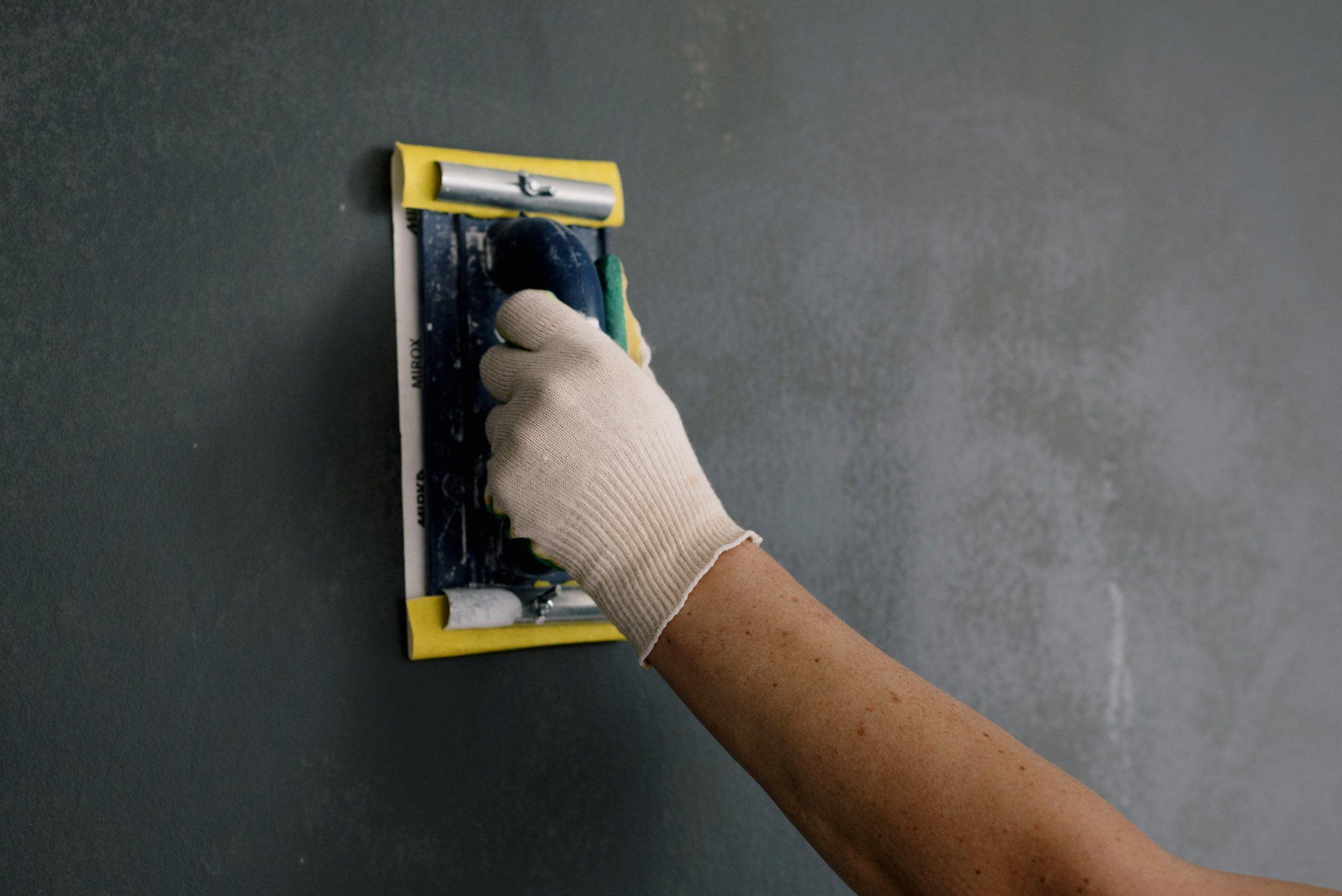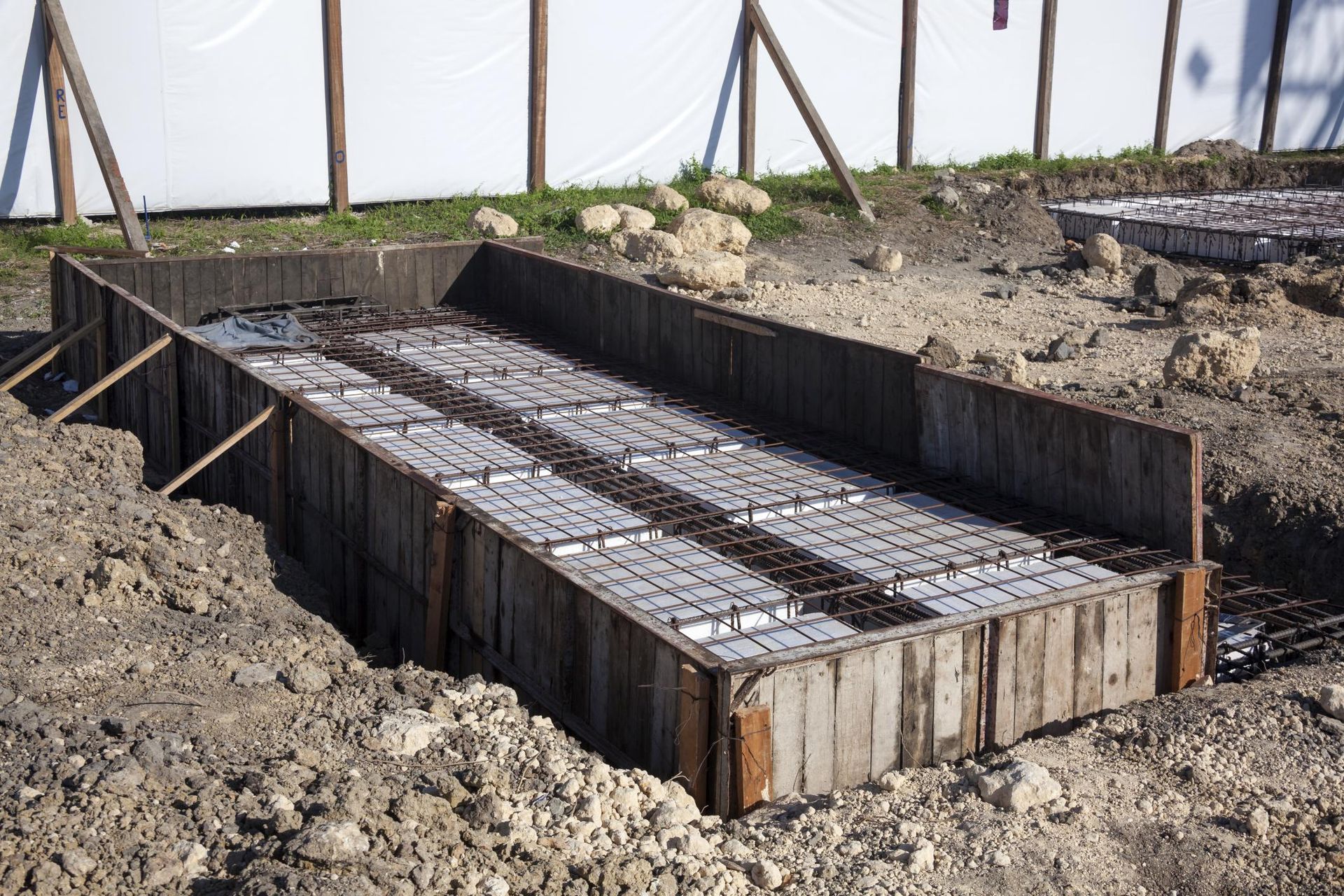Signs You Can't Ignore: When Your Foundation Cries for Help
Navigating the Maze of Foundation Issues with Expert Insight
Your home's foundation is its bedrock, both literally and figuratively. It supports everything above it, ensuring stability and integrity. However, just like any other part of your home, it's prone to wear, tear, and damage over time. Recognizing the signs that your foundation is in distress can save you not only thousands in repairs but also preserve the safety and longevity of your home. This guide will walk you through the unmistakable signals that it's time to call a foundation repair company, along with an overview of foundation issues that you simply cannot ignore.
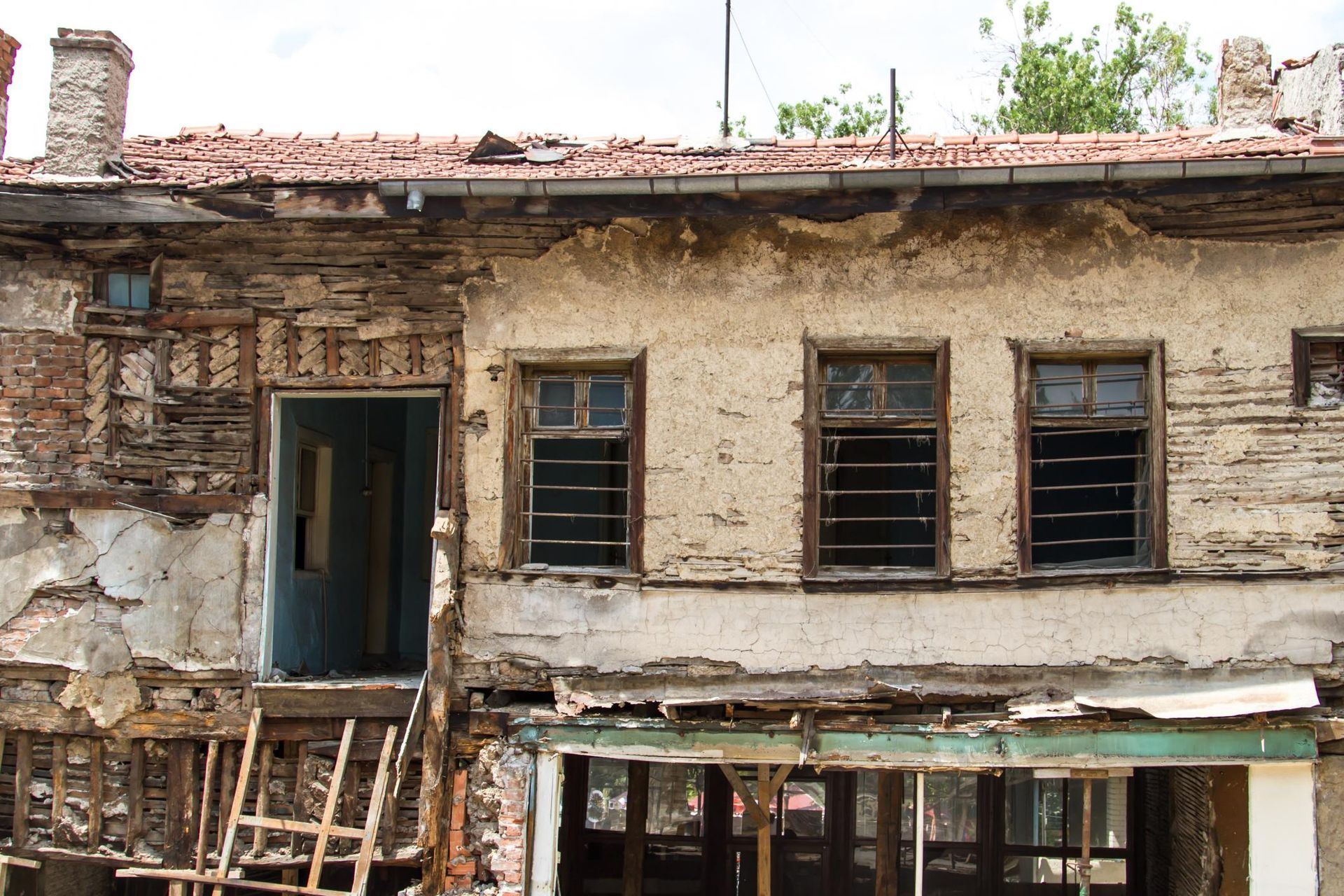
Cracking Up: Visible Signs of Foundation Distress
One of the most obvious indicators of foundation problems is the appearance of cracks. Not all cracks are created equal, though. Hairline cracks in concrete are often cosmetic, but larger, widening cracks can indicate serious foundation issues. Pay special attention to stair-step cracks in brick or block exterior walls, horizontal cracks in basement walls, and cracks running across floors. These are red flags signaling that your foundation is under undue stress and potentially moving.
Doors and Windows That Just Won't Behave
When foundation issues arise, doors and windows are often the first to protest. Doors may stick or fail to latch, while windows might become difficult to open or close. These symptoms can be mistaken for humidity effects or aging, but when they're concentrated around certain areas of your home, they point towards uneven foundation settling or shifting.
Uneven Floors: A Telling Tale of Trouble Below
Floors that are no longer level can also be a sign of foundation problems. If you notice a significant slope in your floors, it might mean that part of your foundation is settling faster than other parts. This uneven settling puts stress on your home's structure and can lead to a host of other issues if not addressed promptly.
Gaps in the Exterior: When Your Home Starts to Pull Away
Another telltale sign of foundation issues is the appearance of gaps between exterior doors and windows or where walls meet the ceiling and floor. These gaps can indicate that your foundation has shifted significantly, affecting the alignment of your home's structure.
The Unseen Culprit: Water Damage
Water is often the unseen enemy of foundation health. Poor drainage, plumbing leaks, or inadequate waterproofing can lead to excess moisture around your foundation, exacerbating existing problems or creating new ones. Signs of moisture problems include water stains, mold or mildew growth, and a damp or musty smell in basements or crawl spaces.
The Importance of Professional Assessment
While it's beneficial to recognize these signs, diagnosing foundation issues accurately requires professional expertise. A reputable foundation repair company can provide a thorough assessment, using specialized tools and techniques to determine the extent of the damage and the underlying causes. They can also offer solutions tailored to your home's specific needs, whether that involves underpinning, sealing, structural repair, or a combination of methods.
Choosing the Right Foundation Repair Company
Selecting the right company is crucial. Look for businesses with a strong track record, positive customer reviews, and a willingness to provide references. Ensure they are licensed, insured, and offer warranties on their work. A credible foundation repair company will offer a transparent process, from the initial inspection to the final repair, ensuring you're informed and comfortable every step of the way.
Prevention: A Pillar of Foundation Care
Preventative measures can mitigate many common foundation issues. Regular maintenance tasks, such as ensuring proper drainage, fixing leaks promptly, and maintaining consistent soil moisture levels around your foundation, can go a long way in preserving its integrity.
Conclusion
Your home's foundation is too critical to overlook. At the first signs of trouble, whether it's cracks, uneven floors, or malfunctioning doors and windows, it's essential to take action. By understanding these signals and engaging a reputable foundation repair company, you can address foundation issues before they escalate into major problems. Remember, when it comes to your foundation, what you can't see can hurt you, but what you can identify early can save you.




